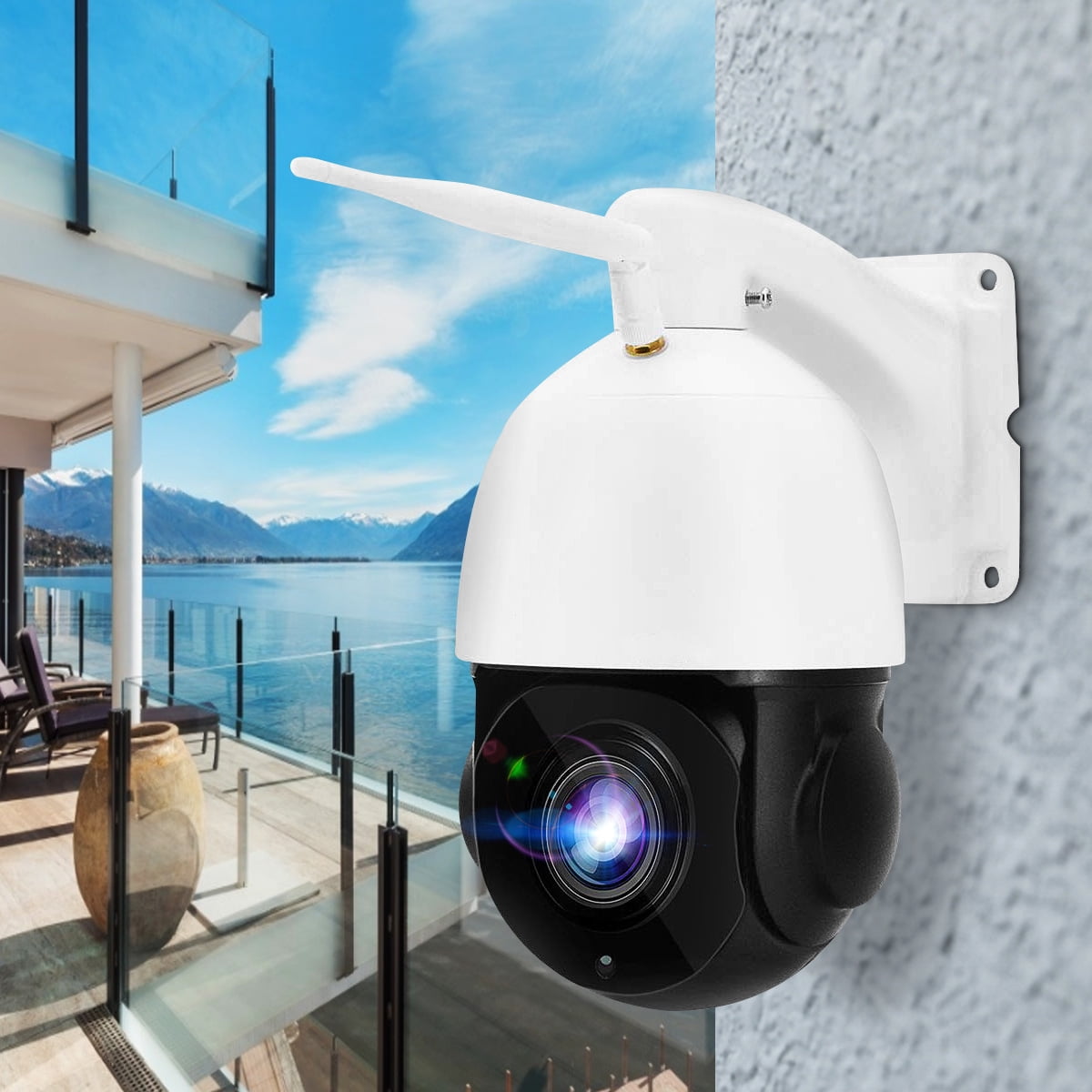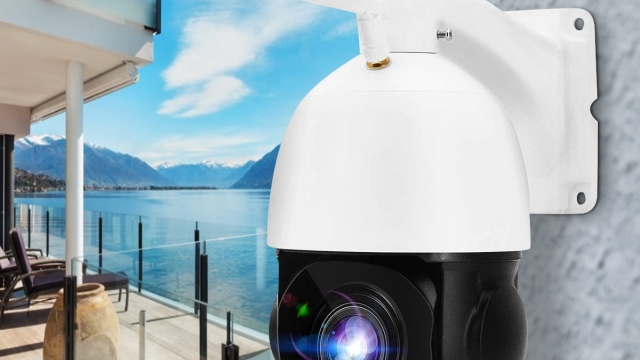
Security cameras have become an integral part of our modern world, silently watching over our homes, businesses, and public spaces. These vigilant sentinels have revolutionized the way we ensure safety and prevent criminal activities. With their watchful eyes, they offer a sense of security, knowing that someone, or rather something, is always keeping a careful watch. In this article, we delve into the intricacies of security cameras, uncovering their fascinating technology, their remarkable effectiveness, and the ethical considerations that surround their implementation. Join us on this journey as we unveil the hidden world of these silent guardians, shedding light on the vital role they play in our increasingly connected society.
The Evolution of Security Cameras
Over the years, security cameras have undergone a significant transformation, adapting to the ever-changing landscape of security needs. From their humble beginnings to today’s advanced surveillance systems, security cameras have become an integral part of our daily lives, providing a watchful eye on our surroundings.
In the early days, security cameras were bulky and limited in functionality. They primarily relied on analog technology, capturing grainy and low-resolution footage. These cameras were often cumbersome to install and required extensive wiring, making them suitable for only a few specific applications.
However, advancements in technology brought about a revolution in security camera systems. The introduction of digital cameras led to a significant improvement in image quality, providing sharper and more detailed video footage. Additionally, the development of wireless connectivity made it easier to install and manage security cameras, opening up new possibilities for their use in various environments.
With the advancement of artificial intelligence and machine learning, security cameras have become even more intelligent and versatile. Modern cameras can now analyze video footage in real-time, detecting and flagging suspicious activities or potential threats. This enhanced functionality has transformed security cameras from passive observers to proactive deterrents, playing a crucial role in deterring and preventing crime.
The evolution of security cameras has not only brought about advancements in technology but has also sparked important discussions around privacy and surveillance. As more cameras are deployed in public spaces and private properties, concerns about individual privacy and the ethical use of surveillance technology have emerged. Striking the right balance between security and privacy remains a challenging task for both policymakers and individuals.
In conclusion, the evolution of security cameras has been a remarkable journey. From their analog origins to the cutting-edge digital systems we have today, security cameras have become indispensable tools in safeguarding our homes, businesses, and public spaces. As technology continues to progress, we can expect further advancements in security camera systems, ensuring a safer and more secure future for everyone.
2. Technology Behind Security Cameras
In today’s advanced technological era, security cameras play a crucial role in safeguarding various spaces and ensuring the safety of individuals. These intricate devices are equipped with sophisticated technology that allows them to capture and monitor activities with precision and accuracy.
Security cameras rely on a combination of hardware and software components to function effectively. The core technology behind these surveillance devices includes high-resolution cameras, image sensors, and lenses. These elements work in harmony to capture clear and detailed visuals, enabling the cameras to record and transmit footage in real-time.
Advancements in technology have led to the development of various types of security cameras, each tailored to specific environments and requirements. For instance, there are dome cameras that are commonly used for indoor settings, while bullet cameras are popular for outdoor surveillance due to their weatherproof features.
One crucial aspect of security cameras is their ability to connect to computer networks or the internet. This allows for remote viewing and access to the footage from any location with an internet connection. In addition, many modern security cameras support features such as motion detection, night vision, and pan-tilt-zoom (PTZ) capabilities, enhancing their surveillance capabilities.
In conclusion, the technology behind security cameras has come a long way, providing efficient and reliable surveillance solutions. With their advanced hardware, software integration, and connectivity options, these devices continue to evolve and improve, ensuring that the watchful eyes of security cameras are always on guard.
3. Implications, Benefits, and Concerns
The use of security cameras has both positive and negative implications. One of the main benefits is the increased level of protection they provide. Security cameras can act as a strong deterrent against criminal activities, as individuals are less likely to engage in illegal behavior if they know they are being monitored. This can help create a safer environment for both individuals and property.
Business Security Systems With Cameras
Another benefit of security cameras is their ability to provide valuable evidence in the event of a crime. The footage captured by these cameras can serve as crucial evidence in identifying suspects, documenting events, and aiding in the investigation process. This can greatly assist law enforcement agencies in their efforts to solve and prevent crimes.
However, the use of security cameras also raises concerns regarding privacy and surveillance. Critics argue that the widespread use of these cameras can infringe upon an individual’s right to privacy, as they can capture sensitive personal information. There is a need to strike a balance between security and privacy to ensure that the use of security cameras is conducted within ethical boundaries.
Additionally, there is a possibility of misuse or abuse of security cameras by those in authority. Unauthorized access to camera footage or the use of cameras for intrusive surveillance purposes can lead to a breach of trust and undermine the intended benefits of security systems. Proper regulations, oversight, and accountability mechanisms should be in place to prevent such abuses and protect the rights and privacy of individuals.
In conclusion, security cameras have implications and benefits in terms of increased protection and the provision of valuable evidence. However, concerns related to privacy and potential abuse must be addressed to ensure their ethical and responsible use in society.

